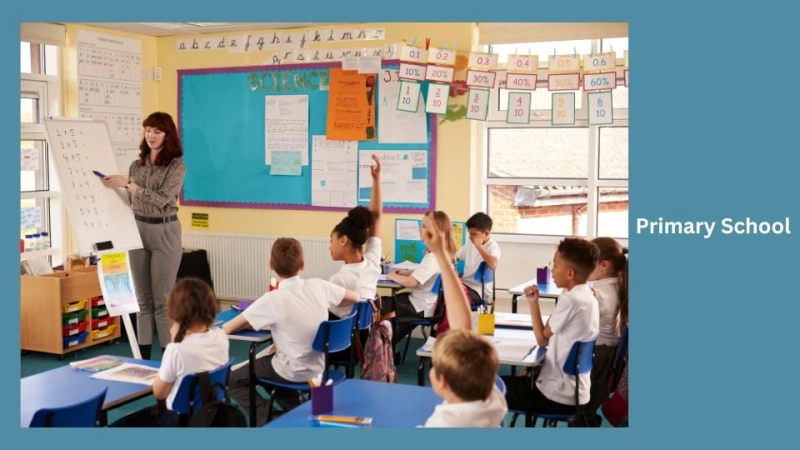Primary education is a cornerstone in shaping the future of children, serving as the foundation upon which their subsequent educational and career paths are built. This in-depth article will explore the multifaceted role and significance of primary education in children's development, underscoring its impact not only on individual learners but also on society as a whole.
The Essential Role of Primary Education
Primary education is universally acknowledged as a fundamental right, essential for the development of a child's intellectual and social abilities. It lays the groundwork for critical thinking, prepares students for the challenges of technological advancements, and fosters a sense of citizenship and moral values. In this stage, children begin to form their learning styles, shaping their characters and setting the trajectory for their lifelong learning journey.
1. Cultivating Moral Values
At the primary level, children are introduced to moral principles. Here, they learn the importance of respect for others and their viewpoints, laying the foundation for character development and ethical decision-making. This moral compass is vital for their overall growth and navigating life's choices.
2. Facilitating Social Development
Primary school is a child's first venture into a diverse social environment. It is where they learn to interact with peers and adults outside their family, fostering essential social skills such as teamwork, communication, empathy, and cooperation. This socialization is crucial for their emotional and interpersonal development.
3. Enhancing Reading and Communication Skills
Primary education marks the beginning of a child’s journey in reading and communication. Developing reading skills at this stage is not just about literacy; it's about sparking imagination, enhancing memory, and building a foundation for effective communication skills.
4. Building Confidence
A supportive primary education environment contributes significantly to a child's self-esteem. Positive interactions with well-trained teachers and engaging curricula help children become more self-assured and confident.
The Broad Impact of Primary Education
Primary education is pivotal in breaking the cycle of intergenerational poverty and establishing a foundation for community welfare and long-term growth. It is a right that every child deserves, and its provision is a shared responsibility between governments and parents.
1. Comprehensive Child Development
Primary education aims to ensure holistic development. This encompasses the nurturing of social, cognitive, cultural, emotional, and physical talents, allowing each child to reach their full potential.
2. Long-Term Benefits
A solid start in primary education increases the likelihood of continued academic success. This, in turn, leads to better outcomes in adulthood, impacting cognitive, physical, social-emotional, and moral development.
The Context in India
In India, the choice of primary education is often influenced by proximity rather than quality. However, understanding the school's vision, curriculum, and overall quality is crucial. It's important for parents to prioritize the standard of education over logistical convenience.
Nurturing Inquisitiveness and Diversity
Primary education plays a key role in nurturing a child's natural curiosity and understanding of diversity. Through a varied curriculum and team activities, children learn to appreciate different perspectives and develop resilience.
Conclusion
In conclusion, primary education is more than just the first step in formal education; it is a vital platform for holistic development, equipping children with the skills and values needed for a successful and fulfilling life. As societies continue to evolve, the role of primary education in shaping future generations remains ever crucial, calling for a collective effort to ensure its quality and accessibility for all children.


